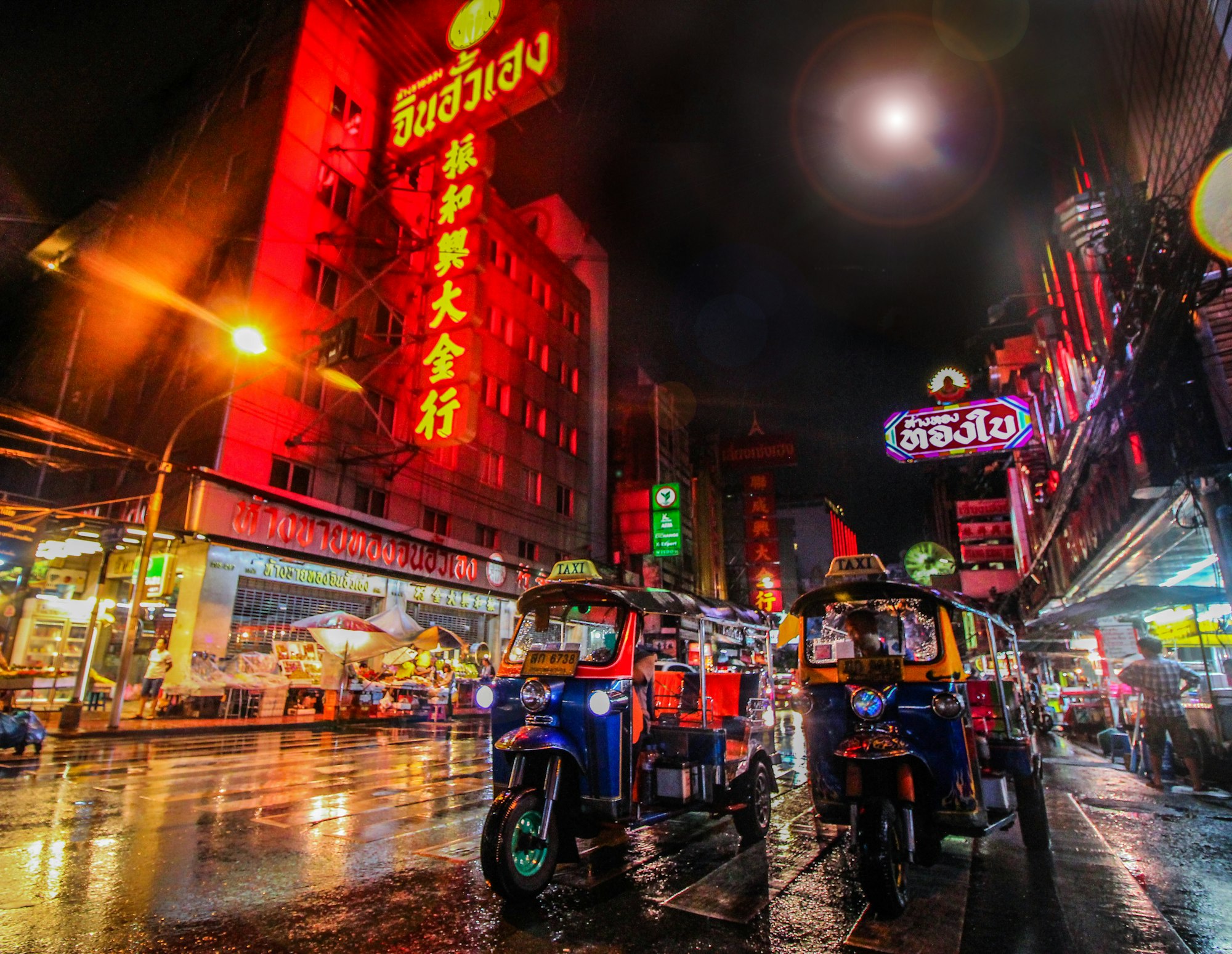Working Internationally Can Be Tough, But Also Adventurous

I have occasionally spoken to university students for several years about expectations for an international career. Many are studying international affairs, global business, diplomacy, and other topics that will likely land them outside their hometown, away from parents and friends, and often in faraway countries with unfamiliar people speaking foreign languages. What to expect from your decision to study internationally? How can parents of such students prepare their kids so they can be successful? Working internationally can be challenging but also adventurous.
Make Sure You Understand Why You Are Doing This
Sometimes, it’s because you want to travel, to see the world. Some children, accustomed to college independence, want to be as far away from their parents as possible. Parents, don’t tell your child they must study in the college 5 miles away. They are adults now, and you must trust them with the skills and sense of responsibility you endowed them with. Grant them your blessings to see the world. Usually, what you teach them will come out when you least expect it. Typically, they have too much pride, as you do too, to let you know they have absorbed your great teachings about life.
Whatever the reason you want to work in the international community: to save the world, to travel and see new places, to perfect your fill-in-the-blank foreign language accent, to develop a school curriculum, teach history and English, or to work with rehabilitation of human trafficking victims and their offsprings, be sure of your cause. Sometimes, it’s only a short-term gig to bolster a resume. It will be your internal fuel to build the fortitude to cope and even thrive when things get rough. Being away from home can be challenging, especially for those unaccustomed to traveling outside the country with their parents. You have to be prepared. Be aware of your surroundings. When you first travel there, take a first aid kit.

Loneliness
Many people get lonely and give up. Making friends and being open to immersion into the culture is essential. Just working and heading home daily will not cut it. It would be best if you had a social life. Decide what’s available and join a club, group, or whatever is there. If you live in Switzerland, go skiing in the winter and hiking in the summer. If it’s Abu Dhabi, go wadi bashing on the desert dunes. Visit the beach if it’s Barbados, or have an occasional jungle hike in the Amazon if you work in Peru or Guyana. Make friends and associates that you trust to hang out with. Being single is okay, so don’t go into a relationship just for that purpose, but don’t shun the idea, including with locals if the culture allows. Websites like Meetup.com can help you meet like-minded people.
Avoiding loneliness and its accompanying depression also requires that you call home and have friends in other places to take a break now and again. Breaks could be just a chance to talk to someone else about your experience and take an opportunity to revitalize your battery. Find what makes you relax, like reading, writing, or playing a sport, if available. Playing a sport with the local team or people associated with your work is a great way to unwind and informally build relationships. Time zone matching will be a challenge. Use websites like timeandate.com to help. Once you have established your schedule and workflow, you must find a time zone intersection with the most important people you must regularly communicate with: parents, friends, and family.

Food
The food is likely to be a significant challenge. Mentally and physically, our bodies get accustomed to what we typically eat. When we travel and migrate somewhere else, we often adjust to the new food, water, and eating regimes. You may typically eat dinner at 6:00 PM but end up in Spain, where dinner may start at 9:00 PM. Since we aim to remain healthy in our eating habits and not be perpetually sick, we must find a rhythm of eating and food type that works for us. I once got what a doctor said was a poisonous reaction from eating raw spinach salad in Santo Domingo. Common sense should have warned me that any leafy vegetable that lasts three weeks without spoiling and is completely unblemished was not ordinary.
While being careful, enjoy the food once you find what works for your diet. I used to have a favorite place to buy Batida de Lechosa (Papaya Milkshake) in the Dominican Republic. That was my comfort drink for two years while studying for my master’s degree in Economic Policy for Reforms and Development. Also, walking to the stall that sold this drink was a way for me to get some fresh air, have a personal routine that I liked, practice my street Spanish, and get some sun while cruising the street. (Please read this post about my experience with Mayan food.)
Language
Often you may find your international job takes you to a place that does not speak your mother tongue. It may vary. In some places, you can get around by speaking English because most people may be bilingual. People will adjust themselves and speak their version of English to satisfy you. They may even use you to practice their English. Other places may not engage with you unless you speak their language. Sometimes it’s a matter of national pride, and others do not know English. For immersive language learning, it’s always better to be in a country where you are forced to speak a foreign language to get around. You learn the language faster.
Besides, learning another language opens a whole other world for you. You can build trust and gain insights into the culture that are typically secret to outsiders. Once you learn the language, even if you speak it poorly in some countries, they will trust you more. In China, I had the experience of learning a few phrases (many of which I can’t remember now due to lack of use), and I could conduct business and gain trust. The Chinese would always invite me to lunch and be interested in engaging because I at least tried.

Be respectful and, where possible complementary.
People are generally proud of their country. They may complain about political or social issues, but while bashing their country, that’s their prerogative, not yours. Be respectful and compliment where appropriate. Say precisely what you like if their food is good and you enjoy it. They may bring you gifts of this food, and if you lied, you might suffer, lose their trust, and insult their hospitality by not taking the gift.
Try your best to make friends for life. Even when you leave for another country or return home, you may want to return to that foreign country at some point. Nostalgia is excellent medicine. Invite the friends you made to your home, including to visit during vacations with you. Then you will likely always have a place to stay when you revisit their country because of the deep friendships you made. I can think of a few places I have lived or people I know that would welcome me in their homes even after years of not seeing each other, and I would do the same for them.
Be Brave And Enjoy

International work can be really gratifying. You become a connector helping the world become more like a global village. You become the bridge or the glue that holds the world together. This is why countries like Singapore would give some nationals scholarships to study with major trading partners. Upon graduation or after working abroad, they can return home with a network of business friends worth their weight in gold.
Read the local news in English or your most comfortable language to ensure you know what’s happening in your neighborhood or any rules that may impact your stay. Americans should register with the U.S. State Department STEP program to be notified of any travel or country advisories. Learning the culture and language and making business connections means that friends across the oceans and continents can solve problems better than acquaintances. Go out to the world and prosper. International work is a great and adventurous life.
Read my post on African history.






Member discussion